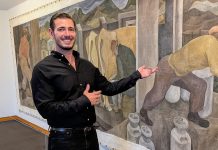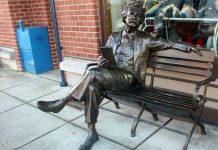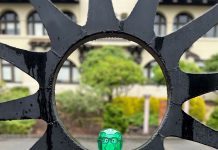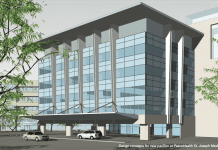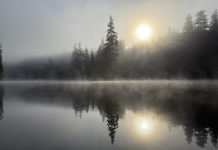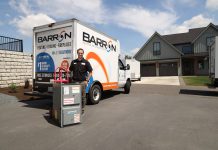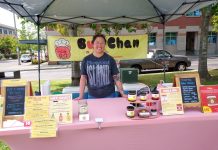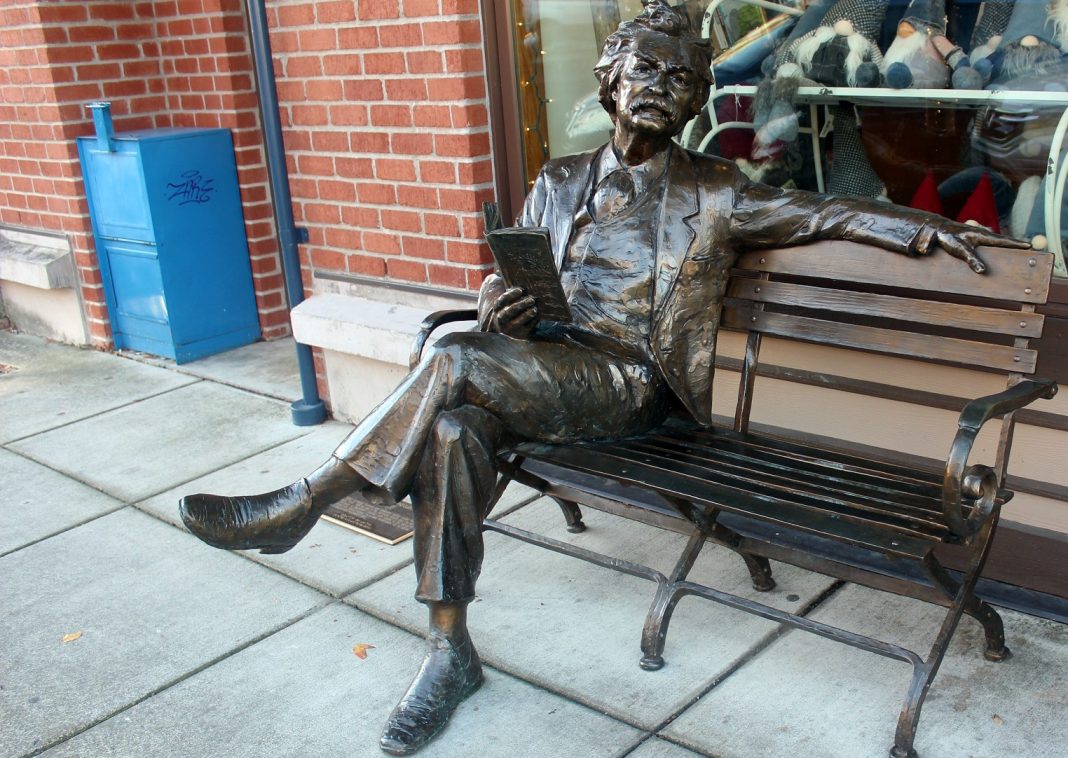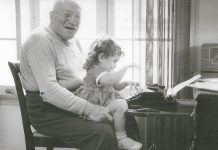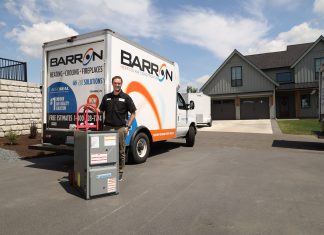Near sculptures of Fairhaven founders such as J.J. Donovan, “Dirty Dan” Harris, and C.X. Larrabee, one local bench has a curious celebrity addition: a sculpture of Mark Twain (real name Samuel Langhorne Clemens). Most famously, the author of stories about characters Tom Sawyer and Huckleberry Finn, the humorist gave Bellingham Bay a two-day visit; the modern sculpture commemorates this visit.
Fairhaven and New Whatcom, two of the towns that became present-day Bellingham in 1904, became August 1895 stops on Mark Twain’s worldwide lecture tour. Then, 59 years old and in poor health, he embarked on a summer tour to alleviate a $100,000 debt and emerged with creative inspiration to write “Following the Equator” about his travels. In addition to North America, Twain spent six to eight weeks each entertaining audiences in Australia, New Zealand, India, and South Africa.
The reports of New Whatcom and Fairhaven’s enthusiasm for the author’s visit were not “greatly exaggerated.” This local foray into literary history has inspired endless curiosity about the day that worlds collided between this great American novelist and Bellingham’s figures and landmarks of regional fame.
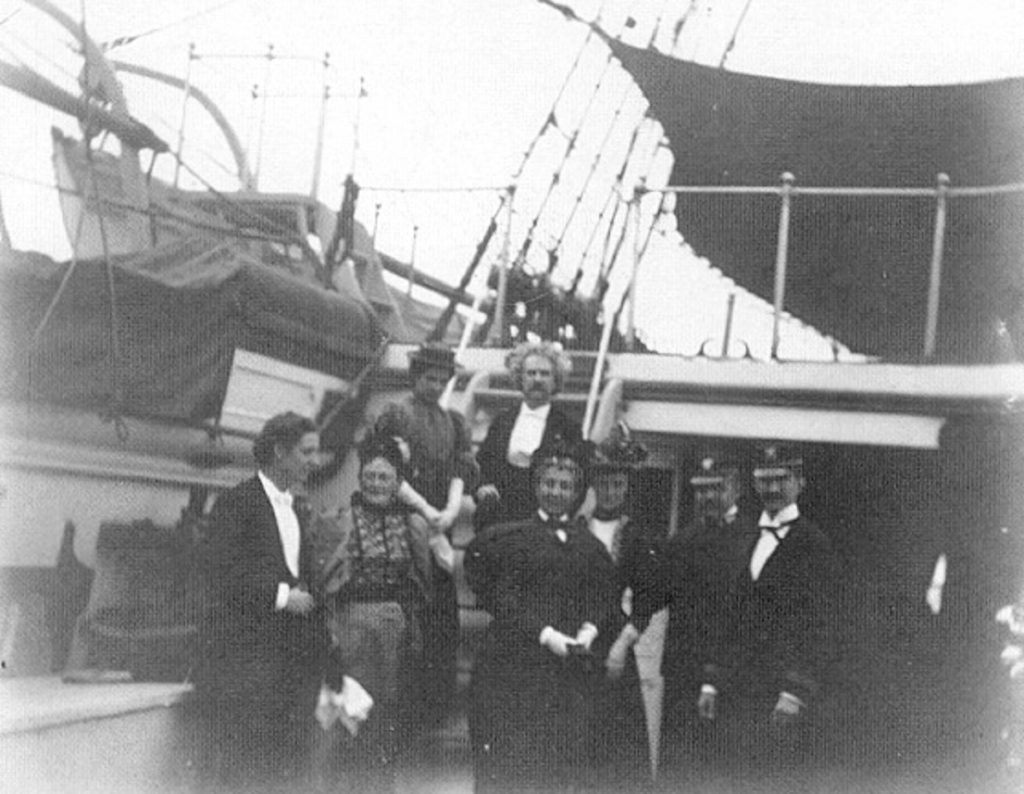
Mark Twain in New Whatcom
Mark Twain arrived in New Whatcom on August 14 after a sold-out performance in Seattle the previous day. The Seattle Post-Intelligencer headlines read: “A CONTINUOUS LAUGH,” “Mark Twain Again Proves His Greatness as a Humorist,” and “FLOWING STREAM OF DROLLERY.”
Twain lectured at New Whatcom’s Lighthouse Block, the neo-Gothic building of Chuckanut sandstone construction at the corner of Holly and Cornwall streets from 1890 to 1960. Over 700 townspeople attended for admission listed as “73c and $1.00.”
Every lecture on Twain’s worldwide tour was a mock sermon about becoming moral by committing all 462 possible sins, drawing from anecdotes and his own works. These included reenactments of scenes from “Huck Finn” and “Tom Sawyer Abroad.” The local 90-minute program listed lecture topics as “About a Deceased Person,” “The Jumping Frog”, “The Grandfather’s Old Ram,” “Small Pox, etc.,” “An Early Transgression,” “The Terrible German Language,” and “The Golden Arm.”
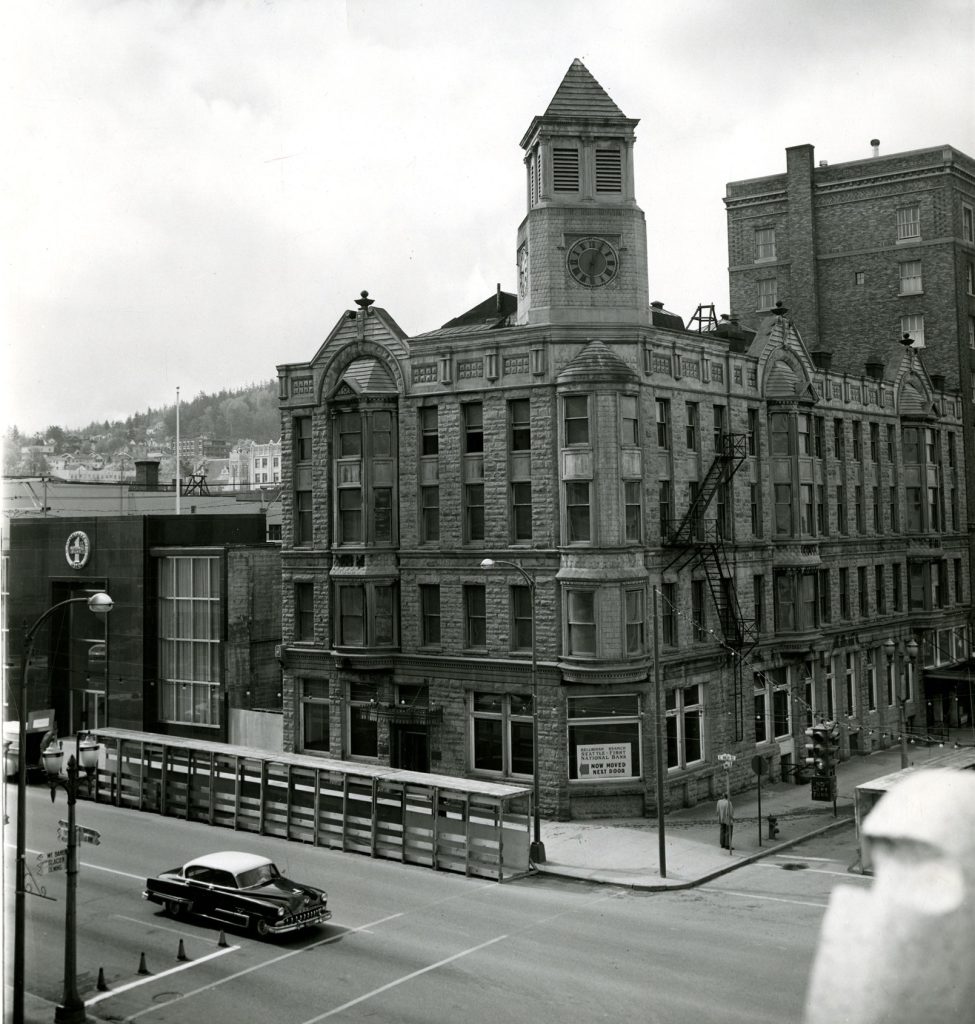
As newspapers described, Twain had a cold and a hoarse voice from the previous day’s lecture and from wildfires obscuring Bellingham Bay scenery. However, the Daily Reveille article “Mark Twain’s Lecture” described audiences as enraptured: “apparently without moving, except to laugh,” and requesting an encore, they received.
The same article said of Twain’s New Whatcom performance, “The telling of the tales demonstrates that a good actor was lost when Mark Twain took to literature — not a comedian or a tragedian, but a versatile actor, with as much pathetic force as laugh producing power… he probably never told his stories more effectively…”
Twain would spend the remainder of the day in Fairhaven.
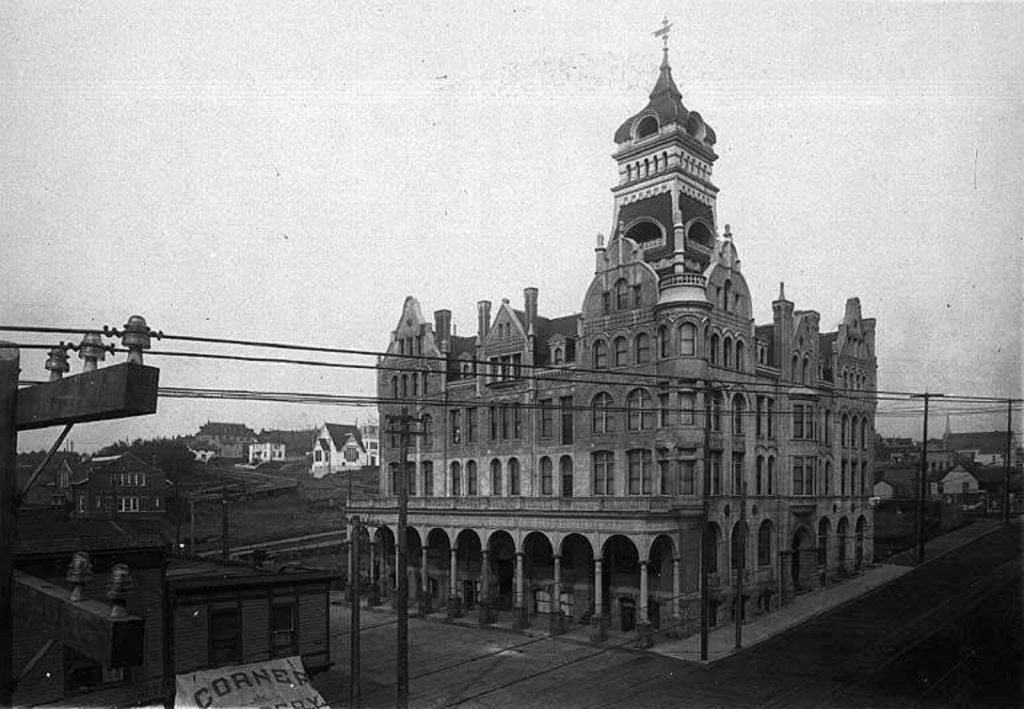
Mark Twain Visits Fairhaven
Mark Twain’s evening stay in Fairhaven after the New Whatcom lecture involves local characters, organizations, and landmarks remembered in Bellingham today.
Twain stayed at Fairhaven Hotel in the imperial building at the corner of 12th Street and Harris Avenue from 1899 to 1956 (the hotel itself closed in 1899). As the proprietor, C.X. Larrabee was a teetotaler and had removed the hotel bar five years before, so the author went to the Cascade Club for a smoke and a drink after the lecture.
The all-male Cascade Club occupied the top floor of the Mason Block: present-day Sycamore Square. Twain met with prominent club members, such as Roland Gamwell, who was remembered locally for the Victorian-style Gamwell House. By accounts, the men continued to talk through the night.
The following day, Twain set off for Vancouver, BC, as his final stop in North America before seeing Australia.
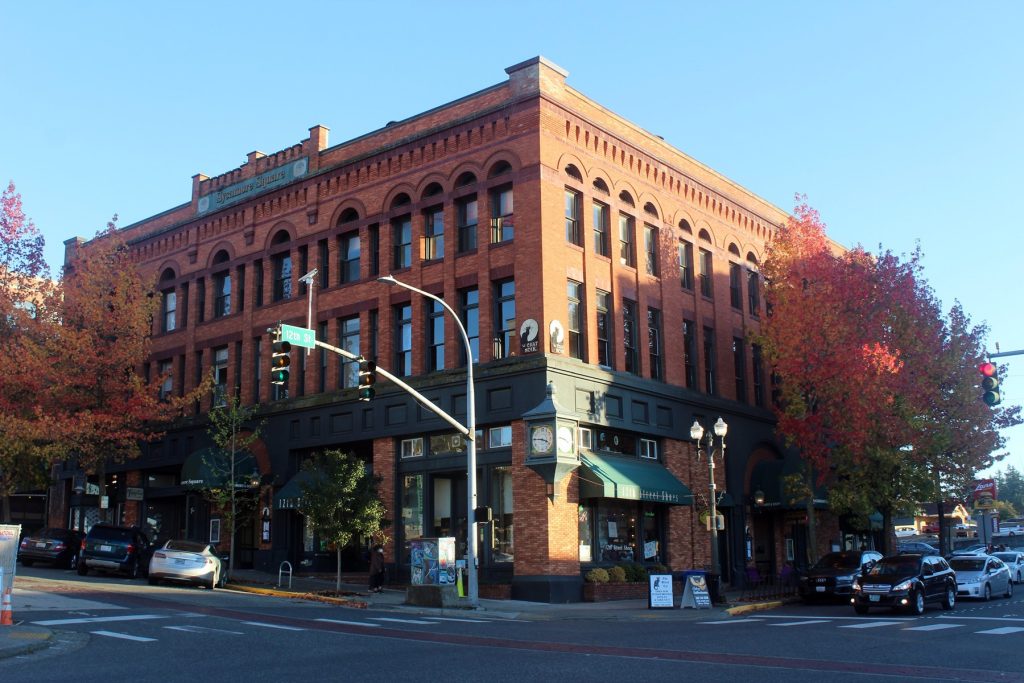
Remembering Mark Twain’s Visit
Today, Mark Twain impersonators around the world continue to emulate his lecturing style established on his worldwide tour.
The Sycamore Square building includes historic photos with captions throughout its preserved structure. At the top floor where the Cascade Club once met, one picture frame now recounts Mark Twain’s meeting with the club and Roland Gamwell. The Fairhaven Tower apartments now stand in place of the Fairhaven Hotel, emulating its brick style.
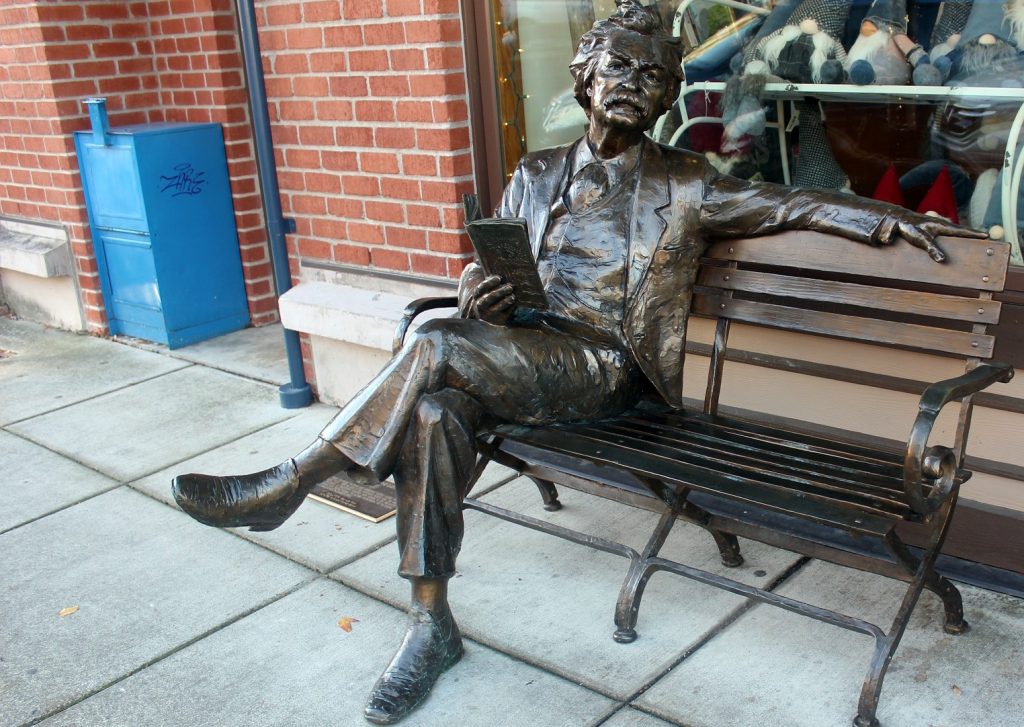
Since 2018, the Mark Twain sculpture bench has stood fittingly in front of Village Books and Paper Dreams. It depicts Twain reading “Adventures of Huckleberry Finn.” Gary Lee Price of the National Sculpture Society created the piece for a series of benches featuring famous people.
Local historian Brian Griffin, Village Books co-owner Kelly Evert, Bellingham City Council member Gene Knutson, and donor Michael Botwin all attended the dedication.
With this cultural memory of the legendary writer and lecturer in the city’s art scene, Bellingham remains a scenic stop to sit and share inspiration.

